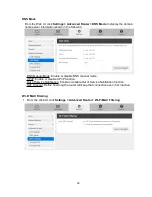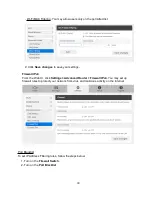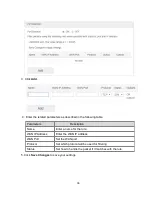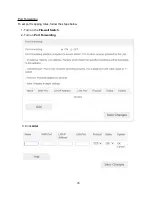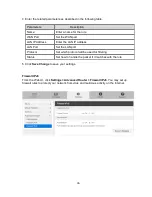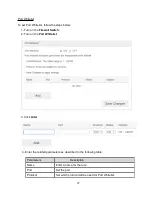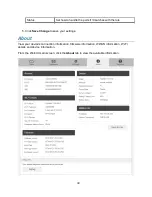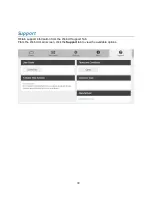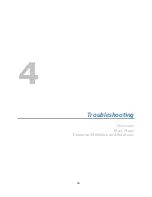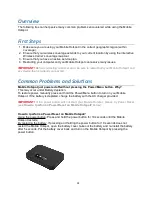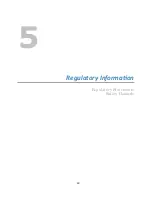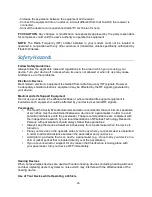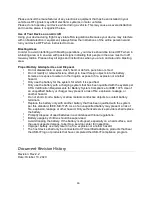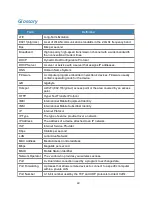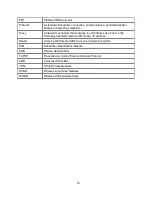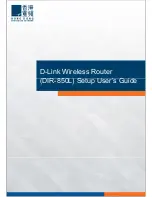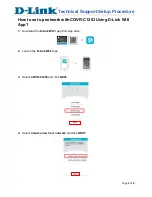
Please consult the manufacturer of any electronic equipment that has been installed in your
vehicle as RF signals may affect electronic systems in motor vehicles.
Please do not operate your device while driving a vehicle. This may cause a severe distraction
and in some areas, it is against the law.
Use of Your Device on an Aircraft
Using your device during flight may violate FAA regulations. Because your device may interfere
with onboard electronic equipment, always follow the instructions of the airline personnel and
turn your device OFF when instructed to do so.
Blasting Areas
In order to avoid interfering with blasting operations, your device should be turned OFF when in
a blasting area or in an area with posted signs indicating that people in the area must turn off
two-way radios. Please obey all signs and instructions when you are in and around a blasting
area.
Proper Battery & Adapter Use and Disposal
•
Do not disassemble or open crush, bend or deform, puncture or shred.
•
Do not modify or remanufacture, attempt to insert foreign objects into the battery,
immerse or expose to water or other liquids, expose to fire, explosion or another
hazard.
•
Only use the battery for the system for which it is specified.
•
Only use the battery with a charging system that has been qualified with the system per
CTIA Certification Requirements for Battery System Compliance to IEEE 1725. Use of
an unqualified battery or charger may present a risk of fire, explosion, leakage, or
another hazard.
•
Do not short circuit a battery or allow metallic conductive objects to contact battery
terminals.
•
Replace the battery only with another battery that has been qualified with the system
per this standard, IEEE-Std-1725. Use of an unqualified battery may present a risk of
fire, explosion, leakage or other hazard. Only authorized service providers shall replace
the battery.
•
Promptly dispose of used batteries in accordance with local regulations.
•
Battery usage by children should be supervised.
•
Avoid dropping the battery. If the battery is dropped, especially on a hard surface, and
the user suspects damage, take it to a service center for inspection.
•
Improper battery use may result in a fire, explosion or another hazard.
•
The host device shall only be connected to CTIA certified adapters, products that bear
the USB-IF logo or products that have completed the USB-IF compliance program.
Document Revision History
Revision: Rev.2.2
Date: October 10, 2020
46
Summary of Contents for Franklin T10
Page 1: ...Mobile Hotspot User Manual...
Page 5: ...1 Ge ng Started Overview Components Device Display Battery Management 1...
Page 7: ...Components 3...
Page 9: ...Device Display 5...
Page 17: ...3 Mobile Hotspot Se ngs Managing Your Web UI Home Messages Settings About Support 13...
Page 44: ...4 TroubleshooHng Overview First Steps Common Problems and Solutions 40...
Page 47: ...5 Regulatory InformaHon Regulatory Statements Safety Hazards 43...
Page 51: ...6 Glossary 47...

